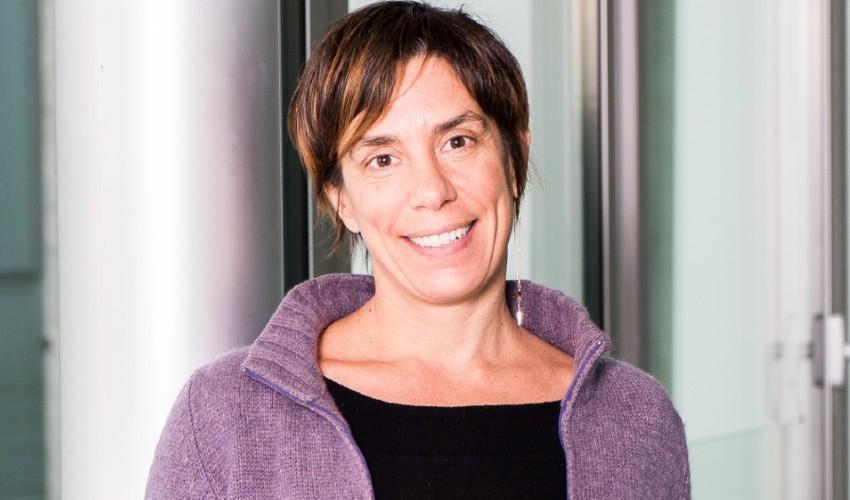
Measures to Address Air Pollution from Agricultural Activities
AIR POLLUTION IS ONE OF ITALY'S TOP ENVIRONMENTAL THREATS AND AGRICULTURE IS CONSIDERED TO BE THE MAIN SOURCE OF PM2.5. VALENTINA BOSETTI OBTAINED A GRANT FROM FONDAZIONE CARIPLO TO PROPOSE ACTIONABLE AND EFFECTIVE STRATEGIESValentina Bosetti, Professor at Bocconi Department of Economics, and Massimo Tavoni, Professor of Climate Economics at Politecnico di Milano and Director of the RFF-CMCC European Institute on Economics and the Environment, obtained a €125,000 research grant from Fondazione Cariplo for the research project INHALE (Impact on humaN Health of Agriculture and Livestock Emission).
The INHALE research project seeks to understand the health impact of agricultural industry and livestock farming on air pollution using data science methods. Moreover, it aims at developing decision support systems and engaging with decision makers and relevant parties to provide science-based knowledge that can inform civil society. In fact, the INHALE project was drafted to support the design and development of sustainable agricultural policies.
Air pollution remains Europe's top environmental threat to health, as recently reminded by the European Environmental Agency. Italy is the second EU country for premature deaths from air pollution (PM2.5), with the highest concentration in in the Po Valley region, a highly industrialized, populated and polluted area.
Agriculture is considered to be the main source of PM2.5 in Europe, due to the ammonia released by animal husbandry and its associated livestock effluents processing and, to a lesser extent, from fertilizer use. Therefore, reducing agricultural emissions has a great potential to reduce human health mortality in the Lombard Po valley region.
Following the COVID-19 pandemic outbreak, many studies have suggested that air pollution in the Lombardy region might have aggravated the related mortality. However, there are still many uncertainties regarding this topic. One thing is certain, the lockdown has provided a unique opportunity for data scientists to assess the impact of such great disruption of human activities on air pollution and ultimately on human health.
Two such studies have been recently carried out by the research team involved in this proposal, which shows that the COVID-19 lockdown reduced background concentrations of PM2.5 by 15%. The improvement in air quality has saved more than 11% of the years of life lost to COVID-19 in the region and more than 19% of the premature deaths.
The project will put together researchers and experts from Bocconi (Francesco Granella e Maurizio Malpede), CMCC (Lara Aleluia da Silva Reis), and Legambiente Lombardia (Silvia Valenti e Cosimo Damiano Di Simine).
by Weiwei Chen
